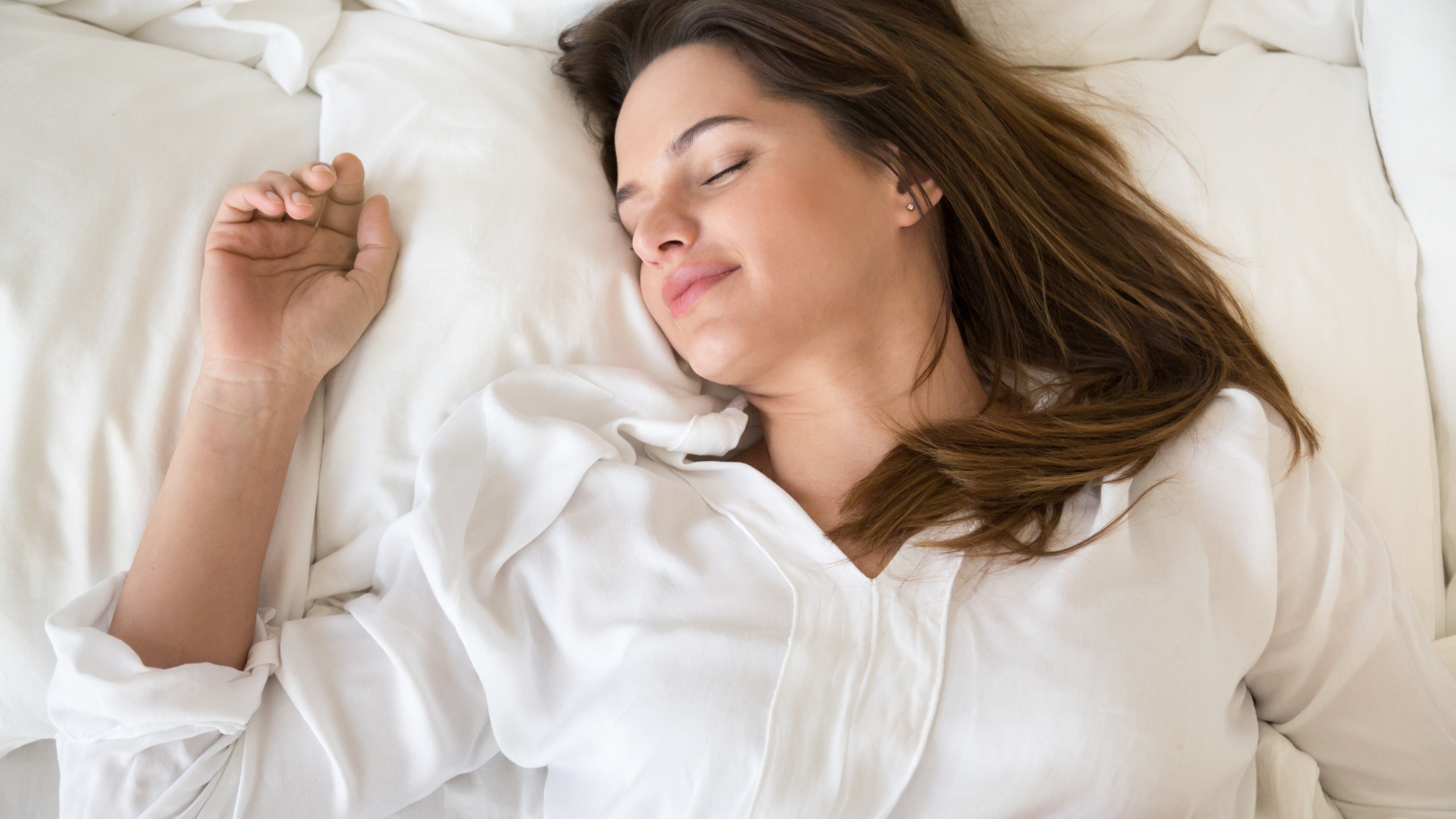5 tips to help you prepare for sleep
 With plenty of us leading busy and hectic lives, meditation can be a great way to help our physical and mental health. Known for enhancing concentration, it can also have a profound impact on reducing stress and anxiety, improving mood, lowering blood pressure, and if done close to bedtime, can even help improve our sleep.
With plenty of us leading busy and hectic lives, meditation can be a great way to help our physical and mental health. Known for enhancing concentration, it can also have a profound impact on reducing stress and anxiety, improving mood, lowering blood pressure, and if done close to bedtime, can even help improve our sleep.
We’ve put together our top 5 ‘beditation’ (or meditation as it’s more commonly known!) tips to help you to meditate a little easier and wind down for a good night’s sleep.
Turn off the tech before bed
This is your time, just for you, so eliminate alerts, disturbances and the urge to check your phone by switching off your technology before bed.
There are several benefits that come from having your tech turned to off when you’re trying to relax or prepare for bed. It’s known that devices such as smartphones, tablets and even the TV can stimulate the brain, so by setting them to off, you’re ensuring you won’t be distracted by those pinging emails, noises or notifications. Furthermore, the blue light they produce also disrupts the body’s creation of the sleep hormone, melatonin, meaning your devices are actually working against you when it comes to sleep.
And whilst it can be hugely tempting to check those work emails late at night or have a quick scroll through Instagram, removing the temptation to do so by turning your devices off, packing them away or placing them in another room can really help to stop this and let your mind rest.
Try to do this at least 2 hours before you intend to go to sleep as this will help your mind and body to prepare, meaning you’re more likely to be able to meditate successfully or to slip into a gentle slumber when the time comes for bed.
Make sure you’re comfortable if you’re about to meditate
Try one of these three easy ‘beditation positions’, which allow to you be comfortable, relaxed and ready for meditation:
a. Sit on the edge of your mattress with your feet flat on the floor and palms rested gently on your legs for a comfortable position
b. Sit cross-legged in the middle of your mattress with your back straight and head lifted. The mattress will provide you with support and a steady position
c. Lie back on your bed, fully stretched out with your legs relaxed and arms loose down by your side. Turn your face up to the ceiling for total body support whilst you meditate (this one is our personal favourite!)
Set a timer if you’re ‘beditating’!
We know how comfortable our beds can be and when you’re fully calm and in ‘beditation mode’, you might well forget appointments, meetings and even fall asleep entirely! So, if you have something to do that day, we recommend you set a little alarm, which gives you 15 minutes to fully beditate.
If you can’t spare 15 minutes, even a 5 or 10-minute session can be beneficial to mind and body, helping you to feel tranquil and more in control. Try to set aside some time each week to practise these sessions and you may be surprised at the difference it starts to make to feelings of stress or anxiety, helping you to feel more relaxed.
Close your eyes
As we all know, closing our eyes is a natural instigator of sleep. Therefore, when we want to relax, the mind starts to quieten all other senses that occupy our thoughts, allowing us to start focusing inward and shut out the world around us. Close your eyes, (no peeking) and learn to become comfortable with how it feels to do this. It will really help you prepare for future meditations and sessions.
Breathe
It sounds cliché, but focusing on the action and frequency of breathing is the gateway to calming the body and the mind. Pay attention to each breath coming in and out of your body, noticing the pause in between each one and imagine your lungs filling up in their entirety.
A top tip is to picture you’re filling up a balloon with air in your tummy, so your stomach expands. This will help you to breathe deeply, using all your lung capacity and stimulate the parasympathetic nerves, which regulate our body’s unconscious reactions. In simple terms this means your heart rate starts to slow and energy is conserved as calming hormones are produced, helping to reduce blood pressure.
We hope you find these tips useful and can use them to reap the benefits of a beautiful ‘beditation practice’.

